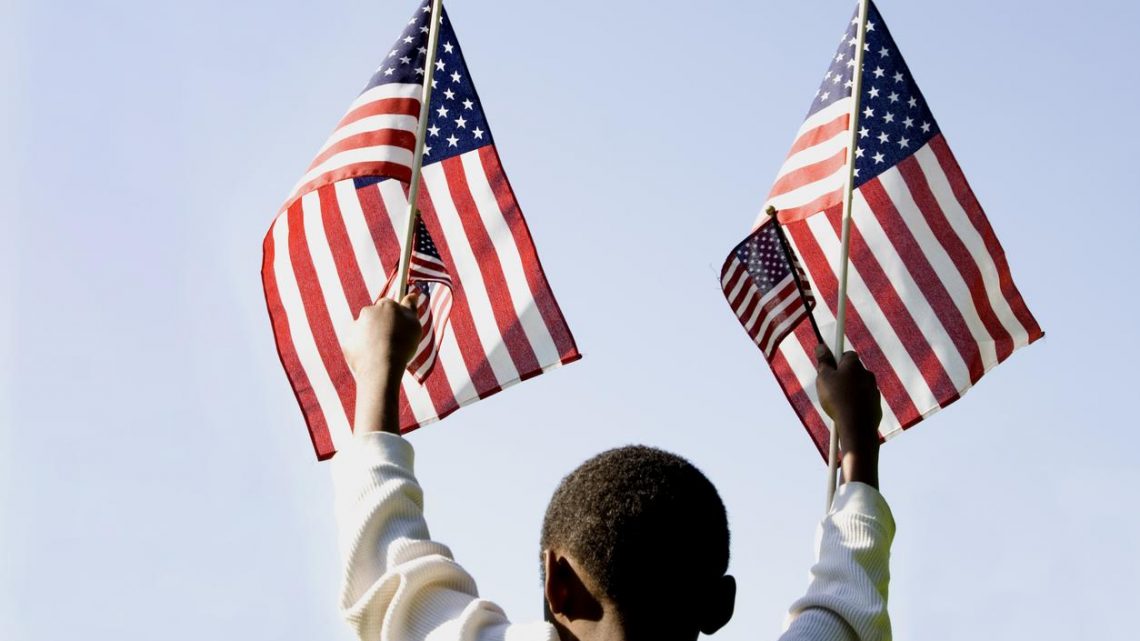I’m thinking a lot about words–the words we say and the words we don’t. Some words we know like the back of our hand, but we don’t really think about them. Many scripture verses, proverbs, and anthems are like this. We have them memorized, but they don’t live in our hearts.
Example: “For God so loved the world that He gave His only begotten Son, that whoever believes in Him should not perish but have everlasting life” (John 3:16). We read this verse and often think of ourselves. God sacrificed His son for me. Jesus gave His life for me. We rarely look at someone else, someone who has upset us, someone we barely know, someone who looks or lives differently than us, and think: “Jesus died for Him”, “God created her.”
Example: “A new commandment I give to you, that you love one another: just as I have loved you, you also are to love one another. By this all people will know that you are my disciples, if you have love for one another” (John 13:34-35). We read this verse and often think it’s well enough for us to love the people in our circle. We count ourselves a martyr for “loving” the people we don’t like. Did Jesus just love His disciples? Did He only love those He met by chance? Or did Jesus go to those the others avoided?
Example: “Christ’s method alone will give true success in reaching the people. The Saviour mingled with men as one who desired their good. He showed His sympathy for them, ministered to their needs, and won their confidence. Then He bade them, ‘Follow Me’” (Ministry of Healing, 143.3). Many Seventh-day Adventist Christians know this quote as “Christ’s Method Alone” and take it to work with them when they wear their “evangelism” hats. Christ’s method, though, applies to all people. It means you don’t just mingle with the poor and meet their needs by giving them a sandwich. Sometimes it means mingling with the black community and walking beside them. Sometimes it means listening. Sometimes it means advocating. Remember, it’s not for us to decide what someone else needs. How will we know unless we ask our brothers and sisters of color what they need? How will we know? And if we fail to listen, how will we help?
Example: I pledge allegiance to the flag of the United States of America and to the Republic for which it stands, one nation, under God, indivisible, with liberty and justice for all.” We all know it. Kindergarteners know it. Pathfinders know it. It seems everyone knows the Pledge of Allegiance, but do we know it so well that we don’t realize what it means? Do liberty and justice mean the same things today as they did in 1892 when the pledge was written?
We recite this poem which represents our country and the values we hope for, but those values do not simply exist. Liberty and Justice do not just happen like laws of nature. They must be cultivated within American culture, sometimes fought for, sometimes hard won.
We cannot deny that our American values are under attack. Christian values are under attack. Humanity is under attack.
So, I can’t help wondering… What would Jesus do?
It’s time to stand up for American values, and that means standing up for Christian values, and that means standing up for those who are oppressed, poor, brokenhearted, and captive. It’s time to judge softly those we may not understand.
Remember to walk a mile in his moccasins
And remember the lessons of humanity taught to you by your elders.
We will be known forever by the tracks we leave
In other people’s lives, our kindnesses and generosity.Take the time to walk a mile in his moccasins. (Mary T. Lathrap ,”Judge Softly”, 1895)










